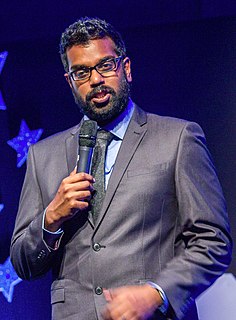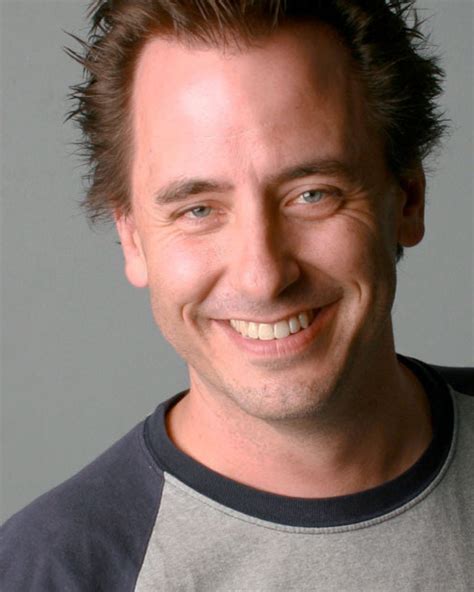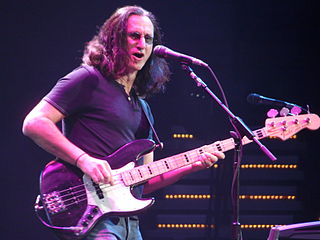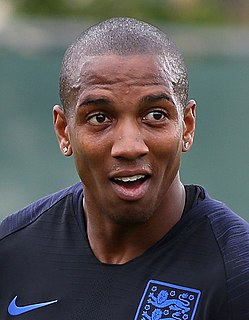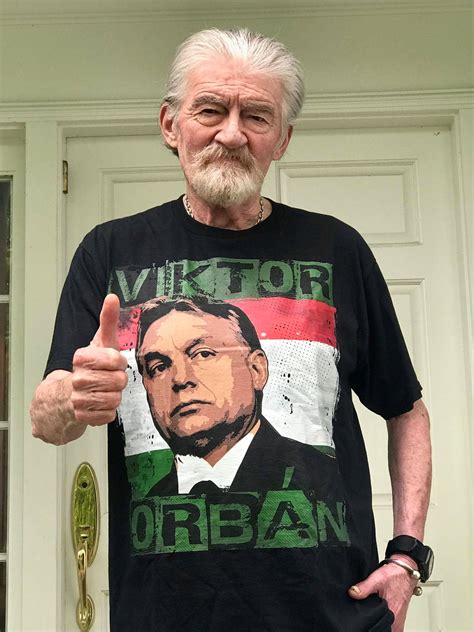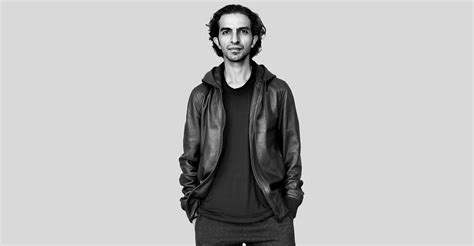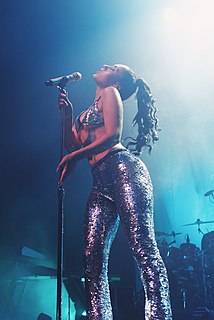A Quote by Romesh Ranganathan
I have read that, when you are writing or working on something creative, and your attention wanders, your brain is processing and working on what you have just done. But I find it hard to believe that my brain is really taking five hours to fully process the seven minutes I have managed to spend focused on one thing.
Related Quotes
We’re now recognizing that the mind, which is an energetic field of thought which you can read with EEG wires on your brain or with a new process called magnetoencephalography (MEG), which reads the field without even touching the body. So it basically says that when you’re processing with your brain, you’re broadcasting fields.
Essentially, there's a universe inside your brain. The number of connections possible inside your brain is limitless. And as people have learned to have more managerial and direct creative access to their brains, they have also developed matrices or networks of people that communicate electronically. There are direct brain/computer link-ups. You can just jack yourself in and pilot your brain around in cyberspace-electronic space.
I believe in working with your morning brain - you have your coffee, and then maybe you'll start thinking about the grand plan and what's going to happen in the next arc, and then you write for a while, and then you get really dreamy, and over the course of the day or in the middle of the night, something comes, and you just throw it in!
For me writing is a long, hard, painful process, but it is addictive, a pleasure that I seek out actively. My advice to young writers is this: Read a lot. Read to find out what past writers have done. Then write about what you know. Write about your school, your class, about your teachers, your family. That's what I did. Each writer must find his or her own kind of voice. Finally, you have to keep on writing.
I was a very creative child. I played the saxophone and piano, and I was always writing poetry and stories, or drawing in my notebook. I just tried to express myself through as many creative outlets as possible. And in high school, I started to get really into photography and videography and would spend hours working on it.
